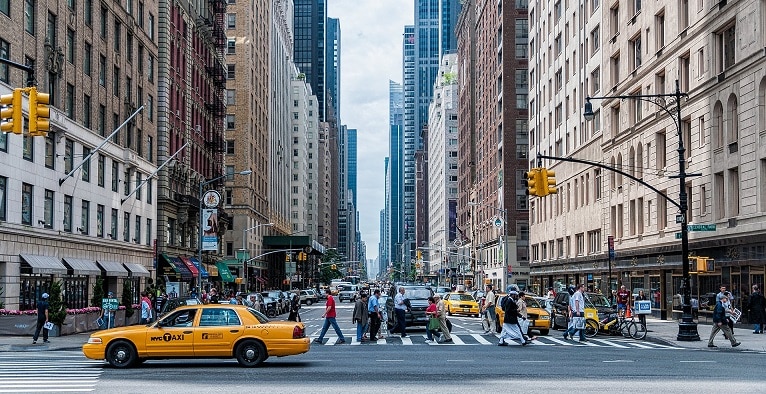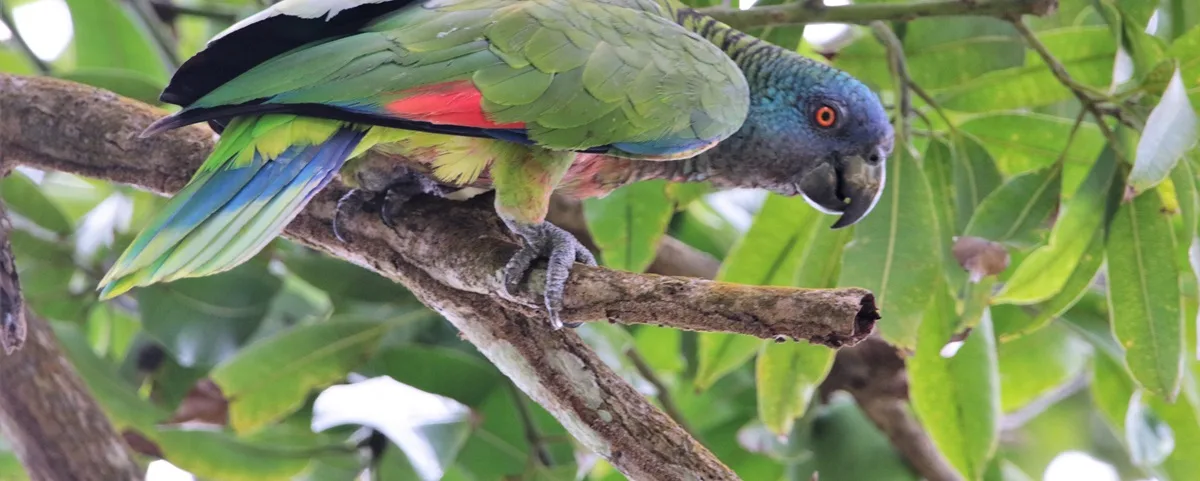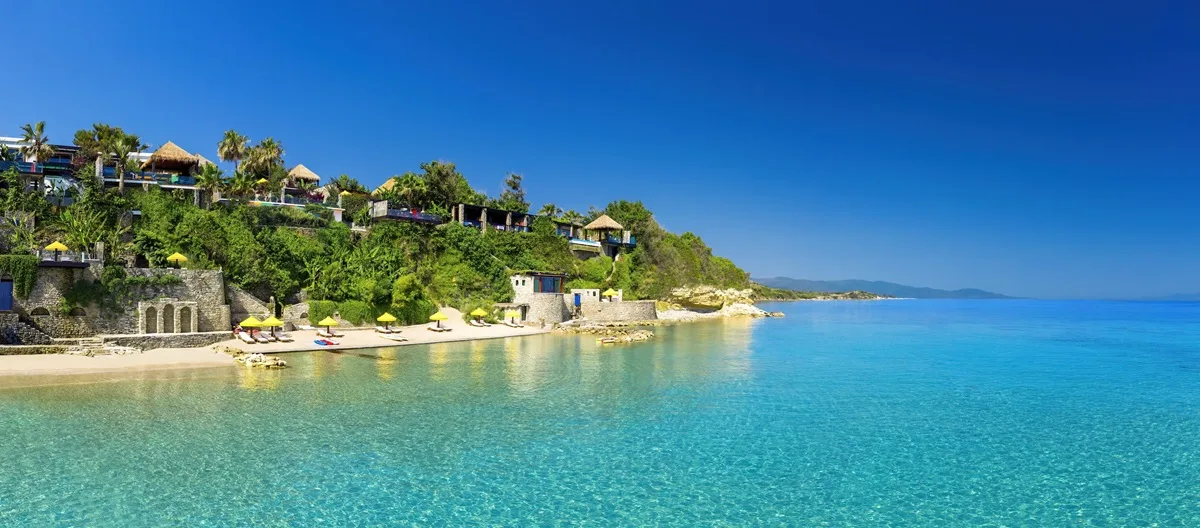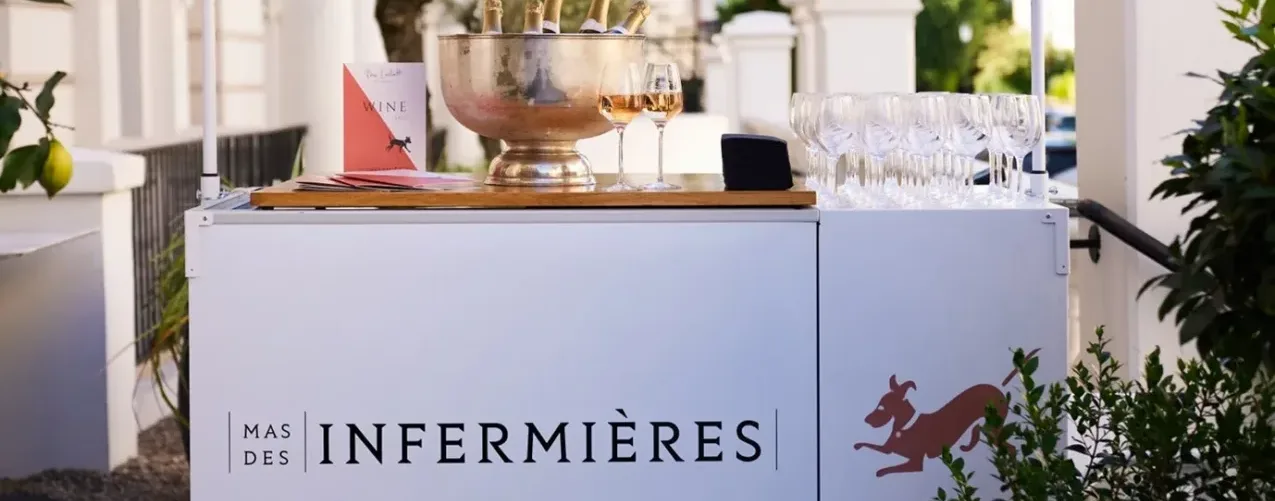For most of recorded history, the study of economics was understood to be a branch of natural philosophy, and not as a branch of “science” or, more particularly, mathematics, as it has now become. Economic activity and money itself were considered as an extension of the natural order, and the standards that nature imposes upon us when we cooperate with it.
To consider the economy within the full, lived reality of the natural world – that is, considering it within the reality of time – means that there arises, from the first, an order of dependency of all members of the society upon those who produce foods, fuels and elemental substances, the embodiments of energy that sustain our life and activity. The farmer, the miner, the hunter, are the preconditions for any society; it is upon their activity that our nourishment depends, and upon their productivity “within the limits of nature” that prosperity is at all possible in the first place.
We have lost sight in our modern system that we depend on the food made by the farmer. We have been led down an economic path that considers the service economy as the priority. And so, with our fake money, we have failed to reward the farmer adequately for the fruits of nature that she produces by toiling with her hands. This imbalance of our human, contrived laws with the inscribed, fundamental laws of nature is what leads to a sick or parasitic economy. The dyspeptic symptoms of this kind of inverted or sickly economy are inflation, a sharp rise in the cost of living, war, revolution, consolidation and centralization of power – all of the things we are living through today. And so many people are asking “Why?” this is happening but failing to understand that it arises from the absence of any concrete economic anchoring to the natural order. We are no longer ecologically accountable, and our “economy” is divorced from the wealth of nature.

In his book, The Natural Order of Money, Roy Sebag pierces the fog of financial elitism and re-establishes society in our shared home of nature.
What does an economy rooted in the natural order, an ecologically accountable economy, look like?
The first step is to recognize that wealth is something natural – a weight of energy embodiments from foods to fuels to elements. By consequence, our money too must be a natural measure and a reward that belongs to this same category of energy embodiments. Like nature, in fact, even mirroring these natural cycles as they happen, there are seasons of harvest and seasons of drought within the economy; and they cannot be artificially reversed or hidden by the centralized authority, e.g., central banks.
The characteristic feature of this kind of an economy where money is a direct result and prescribed by the natural order, is deflation rather than inflation. In an economy with such pronounced wealth inequality, where those that own the great majority of capital are a minority and the great majority subsists on wages, this deflation would rebalance the relationship between capital and labour. That is because wages must be paid in a weight of something real, in natural money. What follows is a reversion to real economic activity. People returning to the land where they may produce money in the true sense of the word. The number of people in the ivory towers, the universities, governments, tech companies, and service jobs of all kinds would decrease.
The events of the last three years have served as a reminder to many people who can see that just because we live in an “age of progress”, or so we are told, it does not follow that the quality of life is necessarily better. But the “age of progress” myth is only perpetuated because we fail to recognise that this progress, a quantitative progress let’s call it, has only occurred and can only occur because we have put a tremendous amount of energy and resources, to the point of the detriment of future generations, towards achieving this technological “progress.”
The path forward requires us to once again embrace the wealth of nature. To seek progress whilst respecting the natural limits of the concrete, living, breathing world that we inhabit.
Roy Sebag is the author of The Natural Order of Money, where he analyses the intrinsic relationship between people, money and nature.
The Natural Order of Money begins by asking a simple question: Why do we in our modern society expect food as if it were a given? What initially makes cooperation between the farmer and other members of society possible, and what, in the long run, renders it sustainable? The proposed solution affirms the vital importance of the farmer and the food that he harvests and argues that only a natural money can serve as the concrete means of assuring ecological accountability and sustainable prosperity. In a time of uncertainty plagued by wealth inequality, inflation, and environmental stress, The Natural Order of Money pierces the fog of financial elitism and re-establishes society in our shared home of nature. It equips the reader with a compass to again find True North in a sea of economic confusion. Get your copy HERE.
Words: Roy Sebag
Opening image by Lumix 2004, Pixabay.














Show Comments +